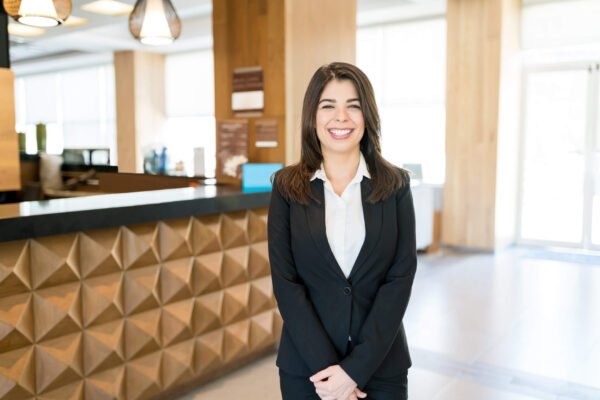Managing Your Finances: How to Find Advice
![]()
With the financial world becoming increasingly complicated, it’s now extremely difficult for the average person to learn everything needed to manage personal finances in the most effective way. You might be able to get by without professional advice if you make a concerted effort, but it is unlikely your money will grow as far or as fast as it could. There are times when it’s really important to be sure you have the right advice – so how can you find it?
When to seek advice
We all make financial decisions day to day by ourselves without feeling the need to take advice. In other situations, such as when purchasing a new home, we seek it out automatically or find it presented to us as part of the package. These latter situations tend to be those in which we’re dealing with large amounts of money and which are commonplace enough for there to be a routine way of handling them – yet there are lots of other decisions which fall into the middle ground. For instance, if you’re just starting in investment you might only have a small amount of money available to use and are investing in the hope of gradually building it up. When that is the case, it’s a good idea to get advice as early as you can because the way you handle your money going forward will ultimately have a big impact on your overall finances.
Advice you can trust
In situations like this, when there’s a lot at stake, you need to know that the advice you receive is always good advice. There are plenty of scammers out there looking to take advantage, charge you over the odds or siphon off your funds to support their own dubious financial ventures, but as long as you have the good sense to resist off-the-books offers then you shouldn’t have problems. Start by making sure that the advisor you consult is properly registered and ask whether the advice is independent or restricted (if the latter, you may not be told about all the options available to you). At the end of your meeting, any genuine financial advisor will give you a key facts document that provides details of whatever you’ve agreed to and can act as a reference point if you have any concerns or complaints in the future.
Guidance

Alongside advice, you may be offered guidance. It’s important to understand that from a legal standpoint they are not the same thing. It can be offered by a much wider range of organisations and it’s often available for free. It doesn’t involve any specific recommendations but can help you get a clearer picture of the options open to you.
If you’re not sure where to start looking for guidance or advice, your bank may be able to assist. You can get additional help from the government’s Money Advice Service. Getting good advice may cost you money but it could also save you a great deal. If you’re going to be dealing with a lot of money, you really can’t risk being without professional advice.














































